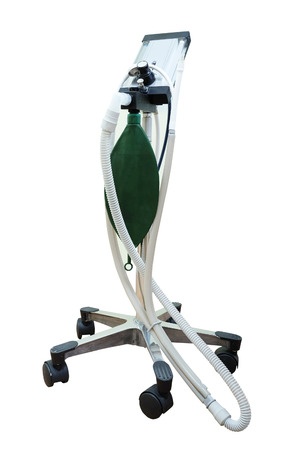 While most of us manage to deal with dental procedures with the support of local analgesia and lots of kind and sympathetic words from our dentists, a lot of people require conscious sedation, also known as moderate sedation, to deal with the pain. This type of sedation helps reduce the anxiety and pain that you feel during a complex dental treatment to a great extent. This newly introduced sedation dentistry technique is proving that the need for general anesthesia is rapidly reducing, at least in dentistry.
While most of us manage to deal with dental procedures with the support of local analgesia and lots of kind and sympathetic words from our dentists, a lot of people require conscious sedation, also known as moderate sedation, to deal with the pain. This type of sedation helps reduce the anxiety and pain that you feel during a complex dental treatment to a great extent. This newly introduced sedation dentistry technique is proving that the need for general anesthesia is rapidly reducing, at least in dentistry.
What is moderate sedation?
It is basically a modern sedation dentistry technique which uses a drug or a combination of drugs to produce a state of depression in the central nervous system which will enable the dental procedure to be carried out. However, the patient will be conscious during the whole procedure and the dentist will be able to maintain verbal contact with the patient. The techniques or drugs that are used during this dental procedure should meet with all safety requirements and the possibility of the patient losing consciousness during this procedure should be highly unlikely.
Who should opt for sedation at the dentists?
Basically, any patient whose fear of dental procedures is extremely serious and whose anxiety levels spike every time he or she sits in the dentists’ chair should opt for sedation dentistry or moderate sedation dentistry.
The following types of people should consider conscious sedation:
- People who have extremely sensitive teeth
- People who require an extremely large amount of dental work to be done
- People who have a very low capacity for dealing with pain
- People who can’t sit still in the dentist’s chair for long periods of time
- People who have an extremely serious gag reflex
This dental sedation can also be administered to small children who are terrified of undergoing any dental procedure, especially if it is a complex and highly important one. However, if this is really necessary, make sure you take your child to a trained pediatric dentist. Sedation is considered safe if the dosage is given after proper calculation of the child’s weight and age.
What are the types of sedation dentistry?
- Light Sedation Dentistry- This involves the minimal amount of sedation required and will keep you awake and alert during the process.
- Moderate Sedation Dentistry- This involves a very moderate amount of sedation and while you do remain conscious during the dental procedure, you probably won’t remember much of it. You are capable of communicating with your dentist, but your words will become slurred and you will probably feel a tad bit groggy.
- Deep Sedation Dentistry- This is actually not included under conscious sedation because it will render you totally unconscious or at the very least, semi-conscious. It is only when the effects of the drugs wear off, that you will be able to regain consciousness.
Administration of Sedation
The sedation can be administered in a number of different ways, such as:
- Inhalation (Nitrous Oxide) - This makes use of nitrous oxide, popularly known as ‘laughing gas’. It is a light sedation dentistry technique and the gas is inhaled through a mask. This gas makes you feel happy and will often make you laugh.
- Oral Sedatives- This includes medication that you take before treatments that will calm your nerves and make you feel relaxed.
- IV Sedatives- These drugs enter into your system intravenously (through the veins). You will feel the effect much faster than oral sedatives and the dentist can adjust your sedation level throughout the procedure according to your needs.
Conscious sedation is medically proven to be safe, but it does have some risk factors involved. So, make sure you go to a certified, well trained and experienced dentist, in order to ensure your safety.




